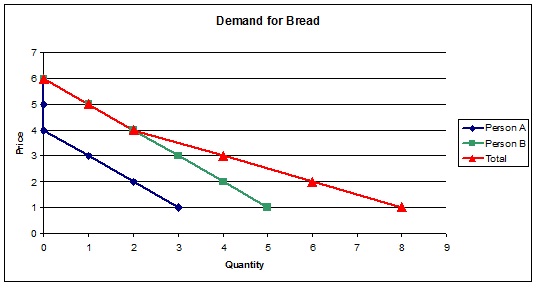private goods on:
[Wikipedia]
[Google]
[Amazon]
A private good is defined in

economics
Economics () is the social science that studies the production, distribution, and consumption of goods and services.
Economics focuses on the behaviour and interactions of economic agents and how economies work. Microeconomics analyzes ...
as "an item that yields positive benefits to people" that is excludable
In economics, a good, service or resource are broadly assigned two fundamental characteristics; a degree of excludability and a degree of rivalry. Excludability is defined as the degree to which a good, service or resource can be limited to only p ...
, i.e. its owners can exercise private property rights
Property rights are constructs in economics for determining how a resource or economic good is used and owned, which have developed over ancient and modern history, from Abrahamic law to Article 17 of the Universal Declaration of Human Rights. Re ...
, preventing those who have not paid for it from using the good or consuming its benefits; and rivalrous, i.e. consumption by one necessarily prevents that of another. A private good, as an economic resource is scarce, which can cause competition for it. The market demand curve for a private good is a horizontal summation of individual demand curves.
Unlike public goods
In economics, a public good (also referred to as a social good or collective good)Oakland, W. H. (1987). Theory of public goods. In Handbook of public economics (Vol. 2, pp. 485-535). Elsevier. is a good that is both non-excludable and non-riv ...
, such as clean air or national defense, private goods are less likely to have the free rider problem
In the social sciences, the free-rider problem is a type of market failure that occurs when those who benefit from resources, public goods (such as public roads or public library), or services of a communal nature do not pay for them or under-p ...
, in which a person benefits from a public good without contributing towards it. Assuming a private good is valued positively by everyone, the efficiency of obtaining the good is obstructed by its rivalry
A rivalry is the state of two people or groups engaging in a lasting competitive relationship. Rivalry is the "against each other" spirit between two competing sides. The relationship itself may also be called "a rivalry", and each participant ...
; that is simultaneous consumption of a rivalrous good is theoretically impossible. The feasibility of obtaining the good is made difficult by its excludability, which means that is people have to pay for it to enjoy its benefits.
One of the most common ways of looking at goods in the economy is by examining the level of competition in obtaining a given good, and the possibility of excluding its consumption; one cannot, for example, prevent another from enjoying a beautiful view in a public park, or clean air.
Definition matrix
Example of a private good
An example of the private good is bread: bread eaten by a given person cannot be consumed by another (rivalry), and it is easy for a baker to refuse to trade a loaf (exclusive). To illustrate the horizontal summation characteristic, assume there are only two people in this economy and that: * Person A will purchase: 0 loaves of bread at $4, 1 loaf of bread at $3, 2 loaves of bread at $2, and 3 loaves of bread at $1 * Person B will purchase: 0 loaves of bread at $6, 1 loaf of bread at $5, 2 loaves of bread at $4, 3 loaves of bread at $3, 4 loaves of bread at $2, and 5 loaves of bread at $1 As a result, a new market demand curve can be derived with the following results:
References
{{Goodtypes Goods (economics)